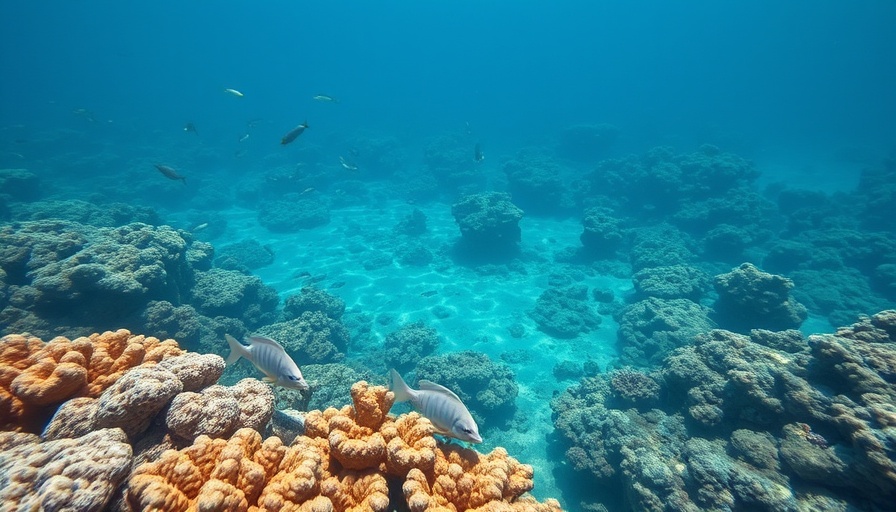
The Urgent Call on Coral Reefs: A Tipping Point Reached
In a sobering revelation, an international team of 160 scientists has officially declared that the Earth has reached its first major tipping point regarding climate change. The latest findings reveal that coral reefs across the globe are dying at an alarming rate, leading to serious consequences not only for marine life but also for the hundreds of millions of people who rely on these ecosystems for sustenance and income.
Understanding the Extent of Coral Reef Decline
According to the Global Tipping Points report, which encompasses collaborative research from 23 nations, coral reefs have reached a critical threshold due to rising ocean temperatures. This temperature has already surpassed an average increase of 1.2 degrees Celsius compared to pre-industrial levels, putting immediate pressure on the vibrant, biodiverse habitats that sustain a quarter of all marine species. The present reality is even more concerning, with average temperatures hovering around 1.4 degrees.
As of early 2023, researchers noted that over 80 percent of coral reefs in more than 80 countries have experienced bleaching, marking the worst coral crisis on record. Professor Tim Lenton of the University of Exeter emphasizes that we can no longer afford to treat this as a matter of future risks; coral degradation is already impacting the lives of millions, particularly in regions like the Caribbean, where heatwaves and disease are wreaking havoc.
Contrasting Perspectives: Can Coral Reefs Adapt?
While the situation appears dire, some scientists urge caution against fatalistic conclusions. Coral researcher Peter Mumby from Australia notes that certain coral species may possess adaptive capabilities, allowing them to withstand temperature increases of up to 2 degrees. However, Mumby warns that framing the issue as hopeless could deter vital conservation efforts. “We need aggressive action now,” he asserts, highlighting the importance of reducing emissions and improving local protections.
Hope Amidst Catastrophe: Protection and Restoration Efforts
Building hope in this bleak landscape, Mike Barrett from the World Wildlife Fund underscores the pressing need to protect remaining unaffected areas, referred to as refugia. Protecting these spaces could provide the necessary foundation for coral restoration in the future. Similarly, Dr. Tracy Ainsworth, representing the International Coral Reef Society, emphasizes that while some coral species may be lost, the reef ecosystems will not disappear entirely; they will evolve and adapt, potentially giving rise to new mixed ecosystems.
What Lies Ahead: The Broader Implications of Climatic Shifts
This tipping point for coral reefs is just one of many concerning signs of impending ecological collapse. Other critical ecosystems, such as the ice sheets of West Antarctica and Greenland, are also losing mass at an unprecedented rate, leading to rising sea levels. Furthermore, the Amazon rainforest faces its own tipping point, suffering from the combined effects of deforestation and drought.
The report signals that if we do not take immediate measures to curb global temperature rises, the impacts will soon be irreversible. The urgent call to action from scientists worldwide emphasizes the importance of global cooperation and strong political will to combat climate change.
Taking Action: Steps For Individuals and Communities
As individuals concerned about the environment, there are actionable steps you can take to contribute to the protection of coral reefs and other ecosystems. Reducing personal carbon footprints, advocating for policy changes, and supporting local conservation initiatives are crucial. Community efforts to reduce pollution and preserve marine habitats can collectively lead to significant positive change.
In conclusion, the fate of our coral reefs hangs in the balance. Each of us has a role to play in addressing this climate crisis, and together, we can push for the preservation and restoration of our planet's vital ecosystems. It’s more than a call for awareness, it’s an urgent plea for action.
 Rij toevoegen
Rij toevoegen






Write A Comment